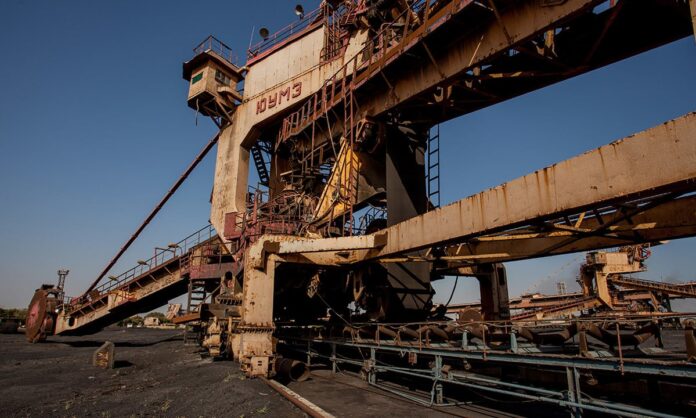ISLAMABAD: The steel industry in Pakistan finds itself stuck in a state of extreme distress as the State Bank of Pakistan (SBP) continues to fail in opening letters of credit (LCs), leading to the closure of numerous steel businesses and widespread job losses. This has caused a severe shortage of raw materials, leading to production delays and financial losses for companies.
According to industry estimates, the steel sector in Pakistan employs over 200,000 people directly and has an annual production capacity of over 5 million tonnes. However, the crisis caused by the SBP’s failure to open LCs has forced many steel companies to reduce production or even shut down operations. This has led to job losses and a drastic decline in the steel industry’s contribution to the country’s economy.
According to the Pakistan Association of Large Steel Producers (PALSP) Secretary General, Wajid Bukhari, “it is estimated that a total of approximately 7.5 million jobs are at stake because if there is no steel we will witness the subsequent closure of cement and all construction allied industries within a few weeks. Even during COVID-19, the steel industry was categorised as an essential industry.”
The SBP’s inability to open LCs is reportedly due to a shortage of foreign currency reserves, leading to delays in the import of essential raw materials such as scrap steel and additives to manufacture steel indigenously. This shortage has led to a significant increase in the prices of steel products, making them unaffordable for many consumers. Steel bar prices have surpassed Rs 275,000/tonne and if the shortage persists, experts believe that the prices can easily cross Rs 300,000/ tonne.
The steel industry is calling on the government and the SBP to take immediate and drastic action to resolve the crisis. They are demanding that the SBP open LCs at a curtailed level, declared through a policy or circular as soon as possible to ensure the timely import of raw materials and the continuation of production. They also urge the government to provide significant financial assistance to the industry to help mitigate the catastrophic losses caused by the crisis. All major sectors, including food, textile, pharmaceuticals, chemical, machinery, steel, plastic and automobile are suffering from the decline in production. It is being said that currently 5,700 containers are stuck at the ports but in reality, the number is higher than 9,000. Apart from that, detention charges of $160 million and demurrages of Rs 250 million have already been imposed.
“The steel industry is in dire straits, and the inability of the State Bank to open LCs is pushing our members to the brink of collapse. “We urgently call on the government and the SBP to take immediate action to resolve this crisis and ensure the survival of our operations. The steel industry is a vital sector for Pakistan’s economy, contributing over 5% of the country’s GDP and providing jobs for over 200,000 people directly. Pakistan’s steel production could decrease by over 50% in the next year, with devastating consequences for the country’s economy and its people,” read the PALSP statement issued on Monday.




